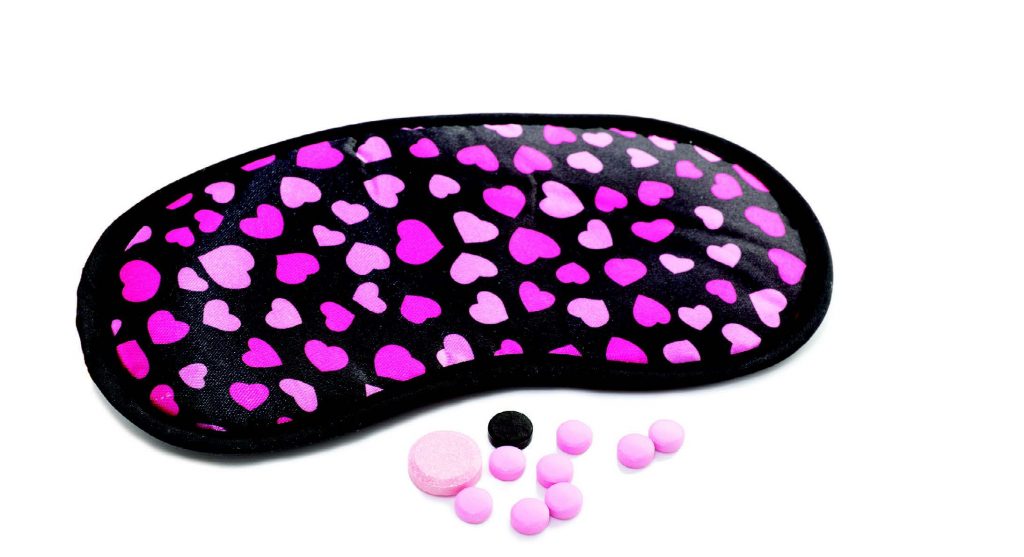
As I lay wide awake at 2:00 a.m., I found myself reaching for the familiar melatonin supplements to put me back to sleep and wondering about how melatonin really works and if it is as safe as they say. More than three million adults and a half a million children take melatonin, and that number is expected to increase as people look for natural remedies.
Melatonin is a hormone found naturally in the body. It is produced in the pineal gland of the brain that is responsible for regulating sleep cycles. We can also get melatonin supplements to help us fall asleep. People use melatonin supplements to adjust the body’s internal clock. Though melatonin supplements help people to fall asleep more easily, they do not help people to sleep more soundly or regularly throughout the night.
Melatonin’s main job is to regulate the day and night cycles. Darkness causes the body to produce more melatonin and signals the body that it is time to sleep. Light decreases the melatonin production and signals the body that it’s time to wake. Some people who have trouble sleeping have low levels of melatonin.
When the supplements are taken at the right time, in the right dose, the added melatonin can help you get back on track with your sleep thrown off by jet lag, a long weekend, late nights, or whatever that reason is that you’re awake at 2:00 a.m.
Melatonin does induce many dreams throughout the night, but most people wake easily and without side effects when the suggested dosage is followed precisely. However, some people have had symptoms such as dizziness, sleepiness, stomach cramps, and irritability in the morning. Also, melatonin supplements work for some people but not others. You just have to try them and see.
Short-term use of a few months is suggested and is perfectly safe. If you are taking melatonin supplements forextended periods of time, however, it is best to consult
your physician. Too much melatonin can boost your blood sugar, so supplements are not recommended for people with diabetes.
Here’s another fun tidbit: Melatonin does not work well with blue lights emitted by screens from the TV, computer, phone, iPad, and other devices. These blue lights suppress melatonin levels, making it more difficult to fall asleep. Red lights, on the other hand, work well with melatonin and are the least likely to suppress melatonin levels and keep you up. So, for alarm clocks and night lights go for red lights and sleep tight!



